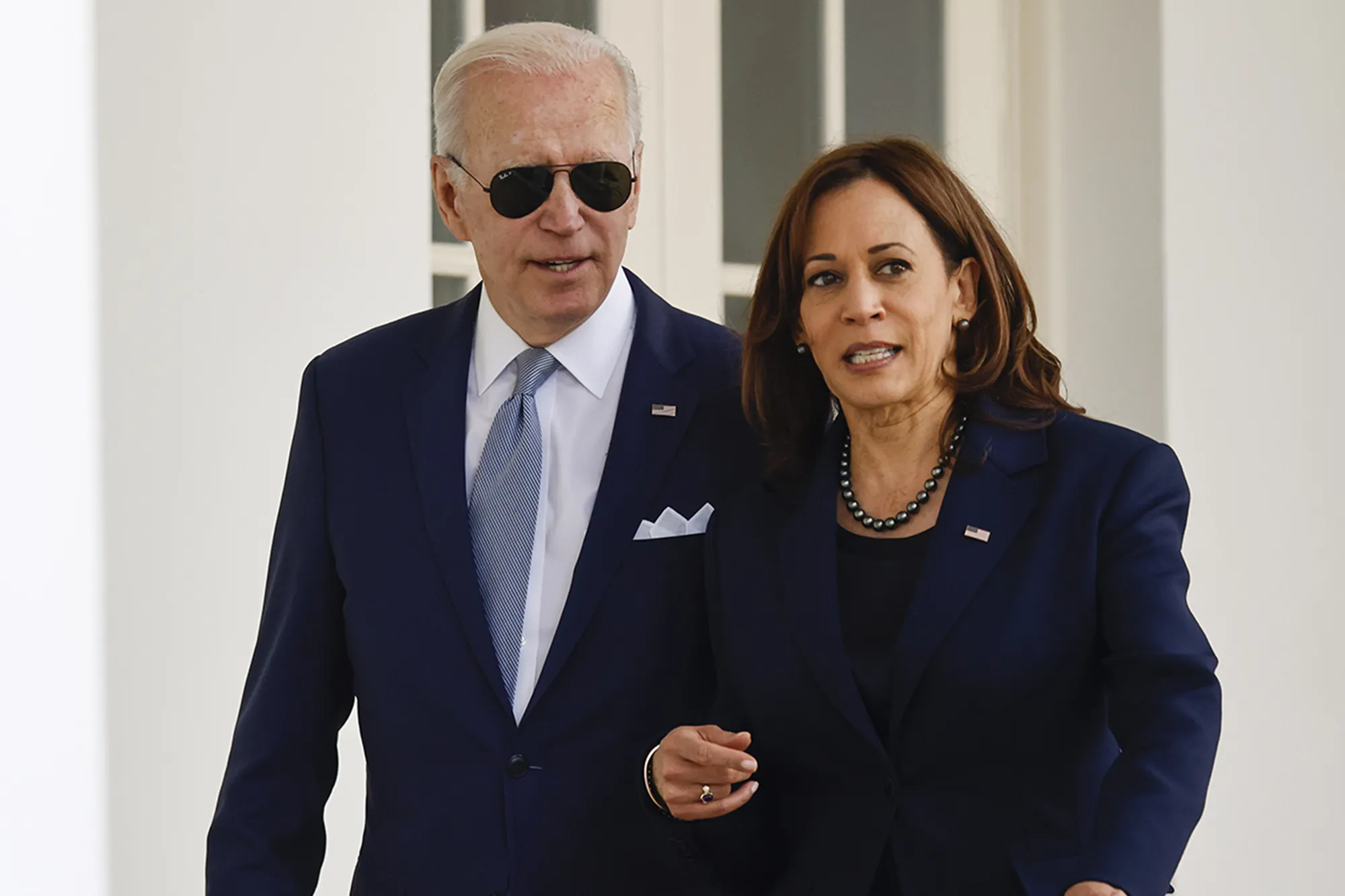Introduction
In a significant move to enhance infrastructure, create jobs and promote environmental sustainability, the Biden Administration has announced the allocation of an additional $3 billion in funding from the Inflation Reduction Act. This funding aims to clean up and modernize ports across 27 states and territories, addressing critical needs in both urban and coastal areas. This initiative not only underscores the administration’s commitment to revitalizing American infrastructure but also aligns with broader goals to combat climate change and improve the efficiency of freight transport.
The Context of the Funding
The funding comes at a pivotal time when supply chain disruptions have highlighted the importance of efficient port operations. The COVID-19 pandemic exposed vulnerabilities in logistics and distribution networks, prompting calls for modernization and investment in infrastructure. Ports serve as crucial gateways for international trade, and upgrading these facilities is essential for maintaining economic competitiveness.
The Inflation Reduction Act, signed into law in 2022, was designed to tackle inflation and promote clean energy initiatives. By directing a portion of these funds to port modernization, the Biden Administration aims to create a dual impact: improving economic resilience while addressing environmental concerns.
Objectives of the Port Modernization Initiative
- Environmental Cleanup: Many ports are situated in urban areas that have historically dealt with pollution and contamination. The funding will support efforts to clean up hazardous materials and restore ecological health in these regions. This includes removing toxic substances, improving air quality, and enhancing water quality in surrounding areas.
- Infrastructure Upgrades: The funds will be used to modernize port facilities, including upgrading cargo handling equipment, improving transportation connections, and investing in digital technologies that enhance operational efficiency. These upgrades aim to reduce congestion, lower emissions, and streamline logistics.
- Sustainability Practices: The initiative encourages the adoption of sustainable practices in port operations. This includes the use of renewable energy sources, electrification of equipment, and the implementation of green infrastructure. The goal is to reduce the carbon footprint of port activities and contribute to national climate targets.
- Economic Growth and Job Creation: By modernizing ports, the initiative is expected to create thousands of jobs, both in construction and in ongoing port operations. This aligns with the administration’s broader economic strategy to stimulate job growth through infrastructure investment.
Impact on States and Territories
The funding will benefit ports in 27 states and territories, each with unique challenges and opportunities. Key regions set to receive support include:
- California: Home to some of the busiest ports in the country, including Los Angeles and Long Beach, California will use the funds to tackle congestion and enhance environmental standards.
- Florida: Florida’s ports play a vital role in tourism and trade, and modernization efforts will focus on improving passenger facilities and freight logistics.
- New York/New Jersey: The Port Authority of New York and New Jersey will leverage the funds for infrastructure improvements that are crucial for economic vitality in the region.
- Gulf Coast States: Ports along the Gulf Coast, critical for energy exports and imports, will focus on resilience against climate change and hurricanes.
Broader Economic Implications
The modernization of ports is expected to have a ripple effect on the economy. Efficient ports reduce shipping times and costs, benefiting consumers and businesses alike. By investing in infrastructure, the Biden Administration aims to foster a more robust economy capable of withstanding future disruptions.
Furthermore, this initiative is likely to attract private investment and innovation in logistics and supply chain management. As ports modernize, opportunities for public-private partnerships will increase, driving further enhancements in efficiency and sustainability.
Conclusion
The Biden Administration’s allocation of $3 billion from the Inflation Reduction Act for port modernization represents a critical investment in America’s infrastructure and environmental future. By addressing the dual challenges of economic resilience and climate change, this initiative aims to create cleaner, more efficient ports that can better serve the needs of a dynamic economy.
As the administration moves forward with this ambitious plan, the focus will remain on ensuring that these investments yield tangible benefits for communities, businesses, and the environment. Ultimately, this initiative embodies a forward-thinking approach to infrastructure, positioning the United States for sustainable growth in the years to come.



